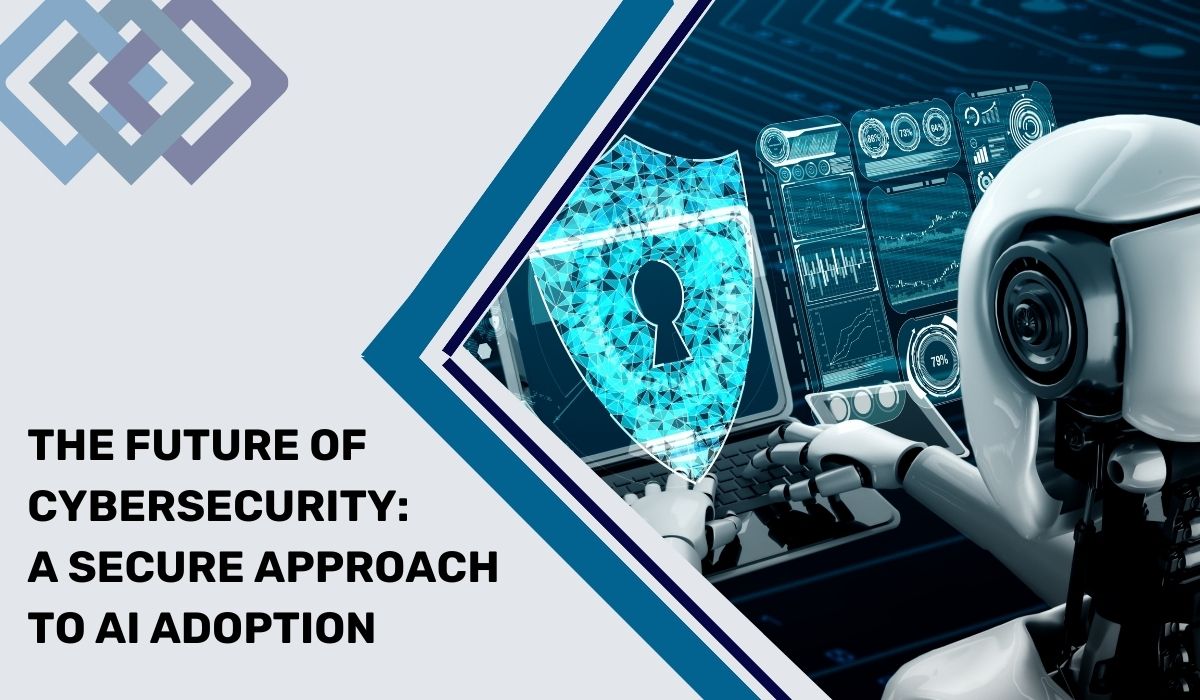
The integration of artificial intelligence (AI) into software development processes is both a boon and a potential source of concern for industry leaders. While AI promises accelerated coding and heightened productivity, questions about security and risk management have emerged. Nevertheless, the cybersecurity industry, accustomed to navigating the challenges posed by emerging technologies, recognizes the imperative to leverage every available tool to fortify the software ecosystem.
Effectively harnessed, AI has the transformative power to prevent vulnerabilities from being embedded in code from the outset, thereby reshaping the security paradigm. By offering contextual insights into potential vulnerabilities and suggesting secure coding practices in real time, AI realizes the long-standing aspiration of "shift left" in the development lifecycle. Traditionally, "shift left" involved incorporating security feedback after coding but before production deployment. With AI, security is seamlessly integrated at the development stage, marking a revolutionary era where generative AI assumes a frontline role in cybersecurity.
However, the symbiotic relationship between AI and human expertise becomes apparent as it becomes evident that AI cannot replace the indispensable role of security teams. As organizations embrace AI for its productivity benefits, concerns persist about security risks. Addressing these concerns requires establishing standards and best practices for AI adoption. Drawing on experiences at GitHub, organizations are advised to treat AI tools like any other, following established security and risk frameworks, understanding data use and retention, inspecting intellectual property clauses, tracking the tool's performance, and auditing its compliance.
The future of cybersecurity lies in a secure approach to AI adoption. By integrating AI as a collaborative partner rather than a replacement for human expertise, organizations can usher in an era where security is not an afterthought but an intrinsic part of the development process, ultimately shaping a more resilient and secure digital future.